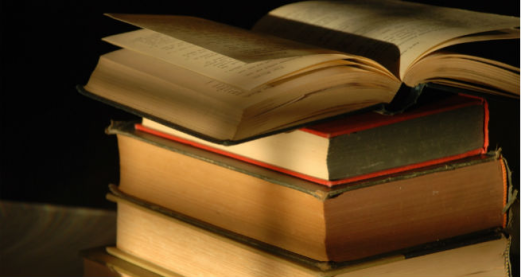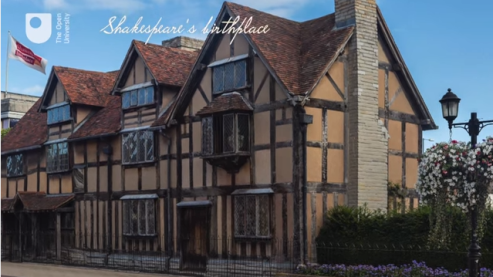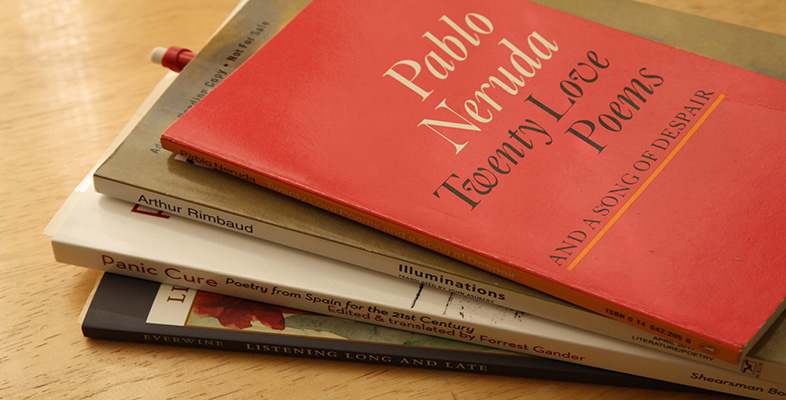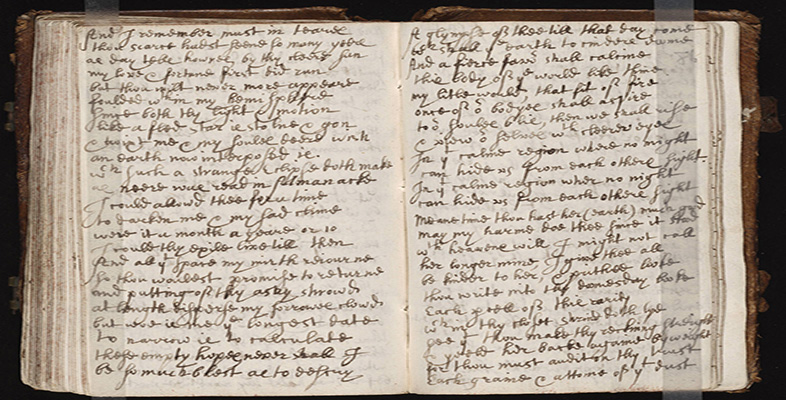Confessions of an English Opium Eater as published in The London Magazine in 1821.
Confessions of an English Opium Eater was first published in a magazine called The London Magazine. This was a new periodical founded in 1820, just one year before Confessions appeared.
The London Magazine was a liberal publication with a strong literary focus, featuring contributions from talented writers including Charles Lamb and William Hazlitt. It was an intellectually serious journal which championed London poets such as John Keats, defending them from attacks by a famous Tory magazine called Blackwood’s in which Keats and other poets had been dismissively named ‘the Cockney School’ and criticized for being supposedly less sophisticated than their aristocratic contemporaries. The dispute became so bitter that the first editor of The London Magazine was killed in a duel with one of Blackwood’s writers just a few months before Confessions was published.
De Quincey’s Confessions of an English Opium Eater was published in two parts in the September and October issues of The London Magazine for 1821. It appeared alongside a varied range of other articles including an essay on ‘English Eating’ which claimed that roast beef and boiled ham were better than fancy European cuisine; works of fiction with titles like Estephania de Gantelmes, a Tale of the Middle Ages; reviews of concerts and plays in London; reports on agricultural prices; and notices of forthcoming books including ‘A Poem, by Mr. Percy Bysshe Shelley, in honour of the late John Keats, the Poet’ (this was Shelley’s famous poem Adonais).
Confessions competed for readers’ attention with these other, very different items. Do you think that this might have affected the way De Quincey wrote? How might it have encouraged him to approach the dramatic and sensational aspects of his story? You could also consider how we interpret different sorts of writing. What do you think distinguishes journalism from literature? You might like to think about whether you read differently depending on whether you are reading a newspaper, or online, or an expensive hardback book.
More about Confessions of an English Opium Eater
Making it into print: Follow Confessions from manuscript to magazine to book.
Make your own confession: Go on an adventure with Confessions of an English Opium Eater as you confess yourself and explore De Quincey’s Edinburgh.
The Secret Life of Books: Find out more about the other books in the series.







Rate and Review
Rate this video
Review this video
Log into OpenLearn to leave reviews and join in the conversation.
Video reviews